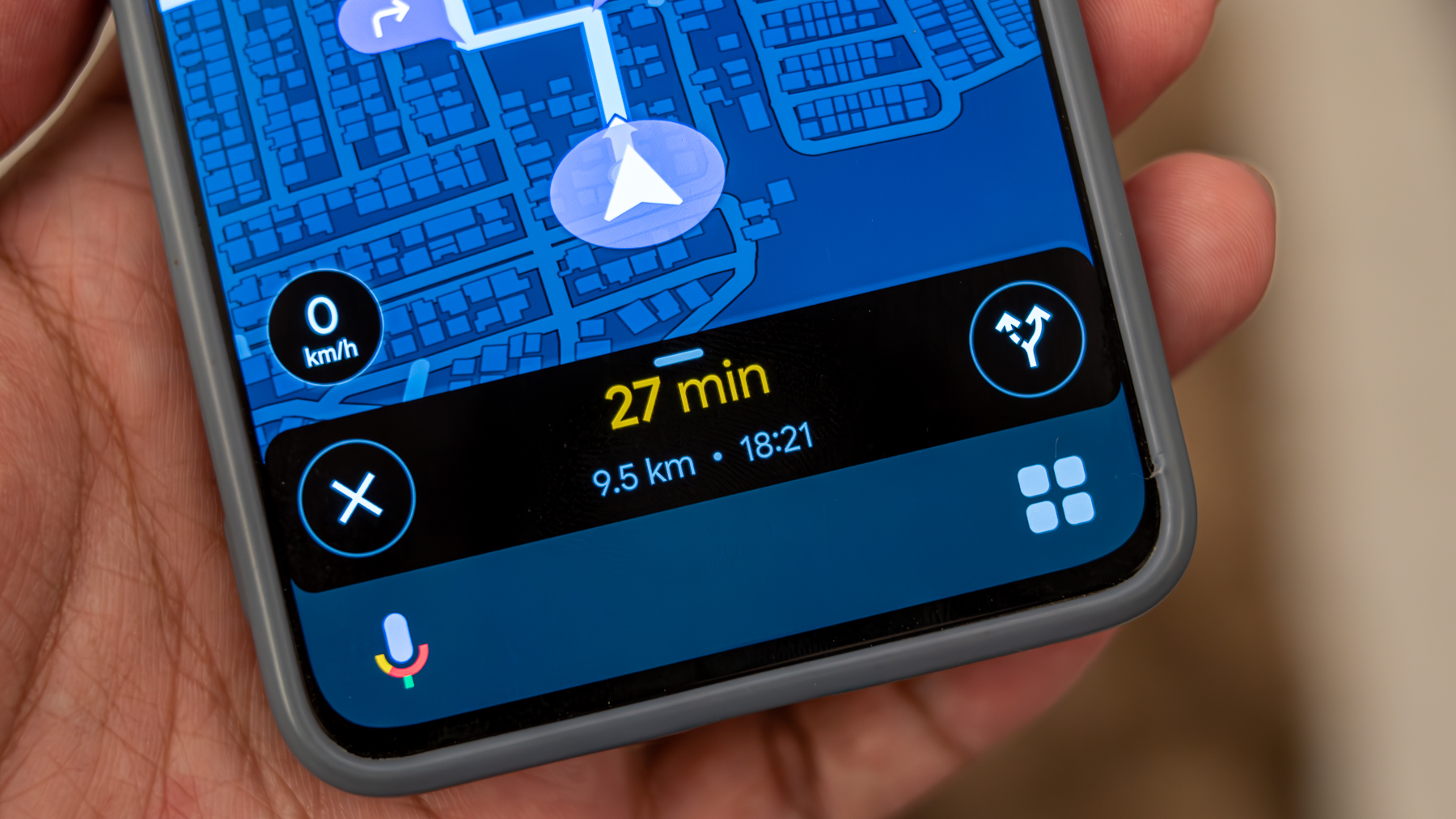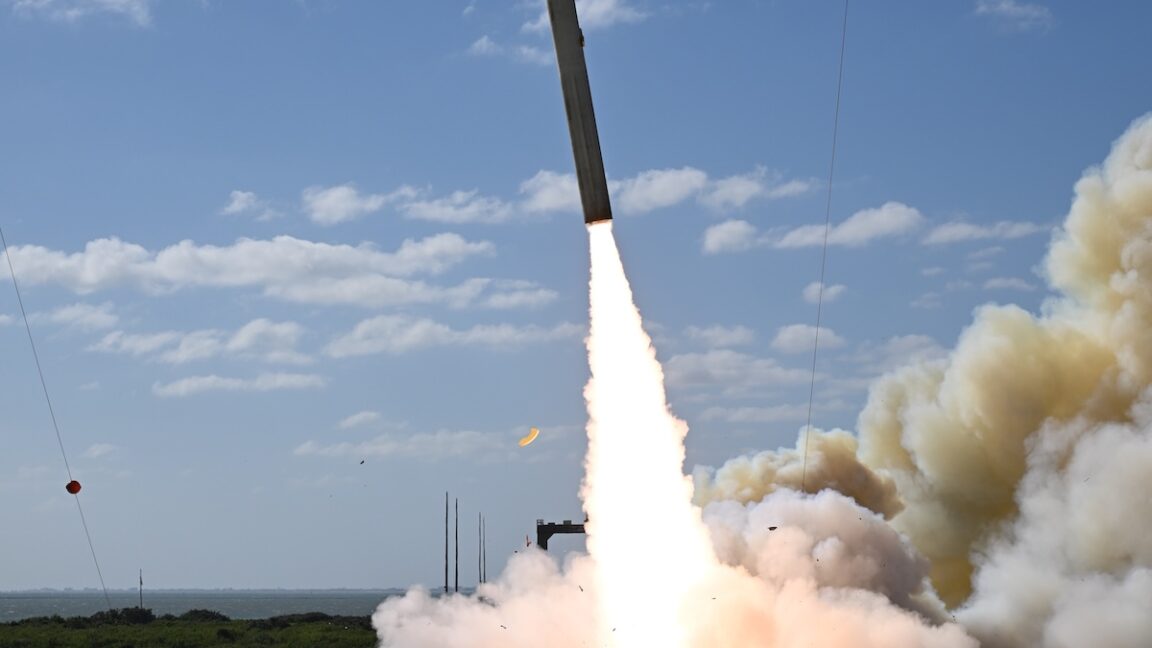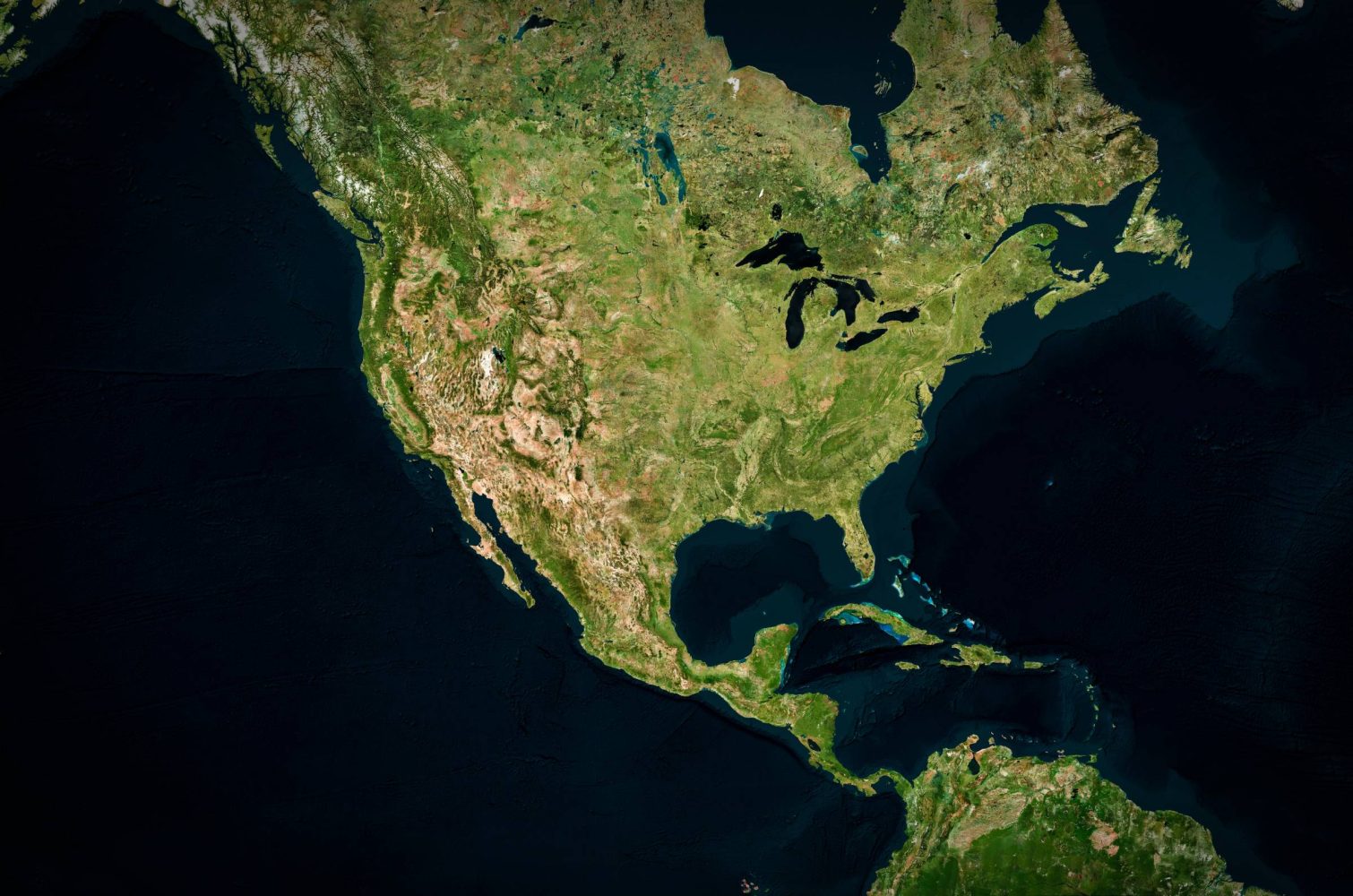New Analysis Casts Doubt On 'Biosignatures' Found On Planet K2-18b
Initial claims that life-associated gases were detected on exoplanet K2-18b are being challenged, with independent reanalysis by Jake Taylor suggesting the data is too noisy to support such conclusions and that stronger, model-independent evidence is needed. NPR reports: Rather than seeing a bump or a wiggle that indicated a signal, "the data is consistent with a flat line," says Taylor, adding that more observations from the telescope are needed to know what can be reliably said about this planet's atmosphere. "If we want to claim biosignatures, we need to be extremely sure." What this new work shows is that "the strength of the evidence depends on the nitty gritty details of how we interpret the data, and that doesn't pass the bar for me for a convincing detection," says Laura Kreidberg, an expert on the atmospheres of distant planets at the Max Planck Institute for Astronomy in Germany who didn't work on the original research team or this new analysis. She explains that astronomers can make a lot of different choices when analyzing data; for example, they can make different assumptions about the physics and chemistry at play. "Ideally, for a robust detection, we want it to be model-independent," she says -- that is, they want the signal to show up even if the underlying assumptions change from one analysis to another. But that wasn't the case here. Read more of this story at Slashdot.

Read more of this story at Slashdot.








































































![Apple Drops New Immersive Adventure Episode for Vision Pro: 'Hill Climb' [Video]](https://www.iclarified.com/images/news/97133/97133/97133-640.jpg)

![Most iPhones Sold in the U.S. Will Be Made in India by 2026 [Report]](https://www.iclarified.com/images/news/97130/97130/97130-640.jpg)










![This new Google TV streaming dongle looks just like a Chromecast [Gallery]](https://i0.wp.com/9to5google.com/wp-content/uploads/sites/4/2025/04/thomson-cast-150-google-tv-1.jpg?resize=1200%2C628&quality=82&strip=all&ssl=1)


![Hostinger Horizons lets you effortlessly turn ideas into web apps without coding [10% off]](https://i0.wp.com/9to5mac.com/wp-content/uploads/sites/6/2025/04/IMG_1551.png?resize=1200%2C628&quality=82&strip=all&ssl=1)




























































































_Olekcii_Mach_Alamy.jpg?width=1280&auto=webp&quality=80&disable=upscale#)



















































































































![[The AI Show Episode 144]: ChatGPT’s New Memory, Shopify CEO’s Leaked “AI First” Memo, Google Cloud Next Releases, o3 and o4-mini Coming Soon & Llama 4’s Rocky Launch](https://www.marketingaiinstitute.com/hubfs/ep%20144%20cover.png)







































































































































































![[FREE EBOOKS] AI and Business Rule Engines for Excel Power Users, Machine Learning Hero & Four More Best Selling Titles](https://www.javacodegeeks.com/wp-content/uploads/2012/12/jcg-logo.jpg)
























































































.jpg?width=1920&height=1920&fit=bounds&quality=70&format=jpg&auto=webp#)




